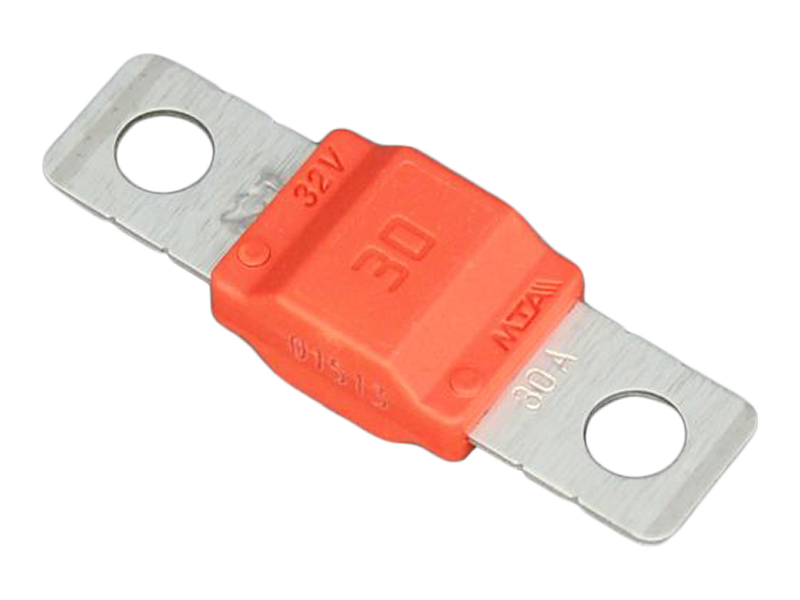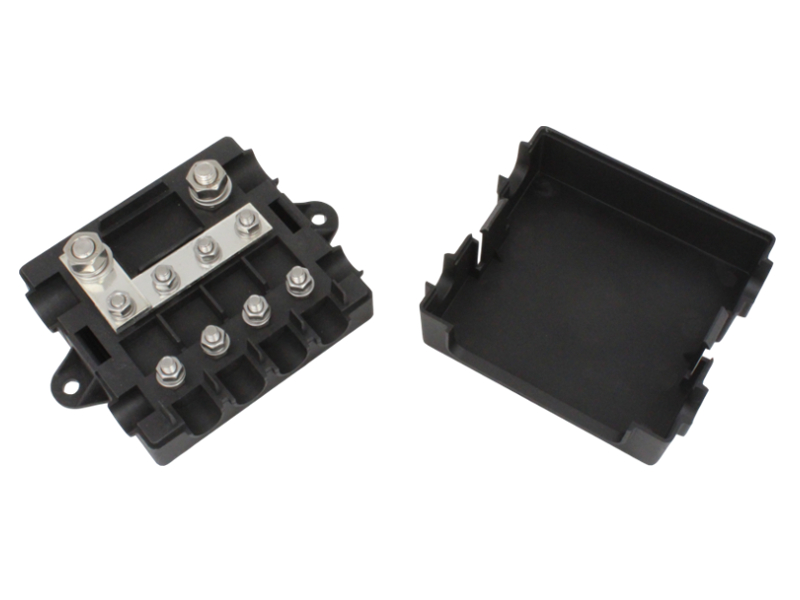Hi I’ve just noticed on our van the battery monitor is say 10-1 which normally it says 13-7 average
I’ve tested both leisure batteries with a voltage tester they are reading 9-70
Does this mean both batteries are knackered we haven’t used the van in a while
I’ve tested both leisure batteries with a voltage tester they are reading 9-70
Does this mean both batteries are knackered we haven’t used the van in a while











